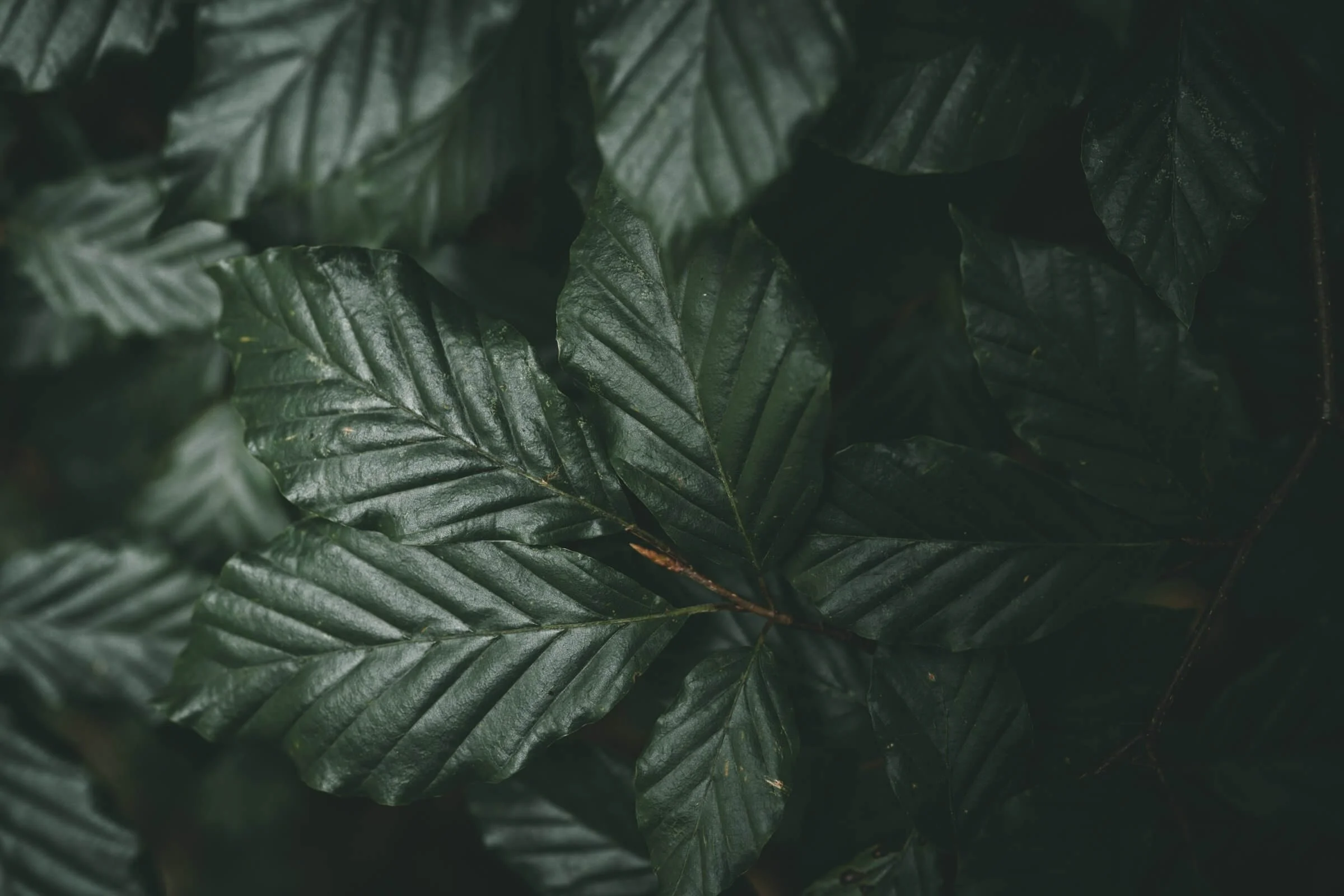Every small step matters: “Quit smarter” with Leaf’s addiction support

“I might be addicted to cannabis. I do it a bit too often, maybe I should cut down? Lemme check the internet for what’s out there…Hey! There’s a way for me to practice therapy on my own first.” This is the thought process Jan Brebaum, #thirdparty Interaction Design student, is prepared for…and why he wants his and Dr. Milosz Paul Rosinski’s app Leaf to be at the top of the search results. Jan and Milosz’s goal is to bring addiction therapy into the 21st century.
Your question is probably: why is an app necessary for addiction therapy? Why not just choose the typical/traditional channels? According to Jan and Milosz, there’s a couple reasons. “Cannabis is the most popular illegal drug. Its users are on average younger than those of other drugs – to combat addiction, therapy must adapt to the needs of young people.” Typical addiction therapy “starts after weeks or months of waiting for a therapist to be available and then follows a weekly schedule of meetings. But what is there apart from this? Patients are basically on their own; it’s not really effective.”
This is where Leaf comes in! “Leaf is developing a system for patients to reflect on themselves. It integrates modules from Cognitive Behavioral Therapy and Motivation Enhancement Therapy, and then gives them the opportunity to do interactive therapy with their phone. So they have time decentralized therapy over the week (or therapy on demand, whatever you want to call it).”
https://vimeo.com/526084563
A lot to break down there, in the best way! Let’s look at Leaf’s role in the sector of digital health first. Jan explains that Leaf creates “the opportunity for health products that really suit the individual, and not only come from a doctor’s or professional’s perspective.” Seeing the individual as exactly that – an individual – allows Leaf to address more nuanced patient needs. “It’s more intimate than normal doctor/patient relationships.” And one of the best parts: it lowers the threshold to go into therapy for digital natives.
Leaf is developing a system for patients to reflect on themselves. It integrates modules from Cognitive Behavioral Therapy and Motivation Enhancement Therapy, and then gives them the opportunity to do interactive therapy with their phone.
Leaf’s still growing and developing, so we asked Jan about one of the team’s next big hurdles. You won’t be surprised to learn that overcoming this hurdle would add another big advantage to Leaf: The team is getting in touch with various addiction counseling programs to find out what self-reflection really means in addiction therapy. Since self-reflection is one of the strongest weapons in dealing with addiction, speaking with people who are in addiction therapy now is the best way to gain insights into effective techniques.
And here’s one of our favorite questions to ask any startup: What’s your end goal? “To be a Digitale Gesundheitsanwendung: if patients go to a therapist, they have the opportunity to get the app prescribed, and health insurance covers it.”
Of course we can’t forget that Jan is working on Leaf while studying, so let’s hear about some of his learnings! We asked him about some of the ways he’s grown professionally through his work on Leaf. “It’s great to build my own project. I’ve learned a lot about startups and social startups and how to build them. Working together with a co-founder and being accountable to each other because there is not a classic ‘boss’ who watches us, but rather we are building it on our own. I learned how to talk to users or potential users. Still learning of course.”
Professional growth is incredibly valuable, but it’s only one side of the coin. What about his personal growth? He says, “I’ve been learning a lot in terms of motivation. I’m really driven by great ideas, I love to explore them, elaborate on them, work on them. It’s a form of self-discovery, to build this thing. It’s an amazing experience to work on a project that also might help people in the future. This might be what I really love to do in life.”
It’s great to build my own project. I’ve learned a lot about startups and social startups and how to build them. Working together with a co-founder and being accountable to each other because there is not a classic ‘boss’ who watches us, but rather we are building it on our own. I learned how to talk to users or potential users. Still learning of course.”
Recovering from addiction isn’t a journey that’s typically associated with the idea of “joy”, but the way Jan talks about it, these ideas can go hand in hand. We asked him an interesting question: if you had a magic microphone to broadcast a message directly into the brain of a potential Leaf user, what would you say? “Every small step matters. Improve the small things. Addiction is something to do with self-judgement, so many people who struggle with addiction are not happy with parts of themselves. If they learn to see addiction not as a bad personal trait, but what it is: a psychological condition, they can then accept that, accept themselves, and build on that.”
We as a society can do even better than “just” acceptance. Leaf offers something even beyond medical support: a change in perspective. “It’s important to see the effects of the societal stigma of addiction. Today, it’s kind of taboo, ‘Oh, you’re addicted!’ It’s something really bad or you must be a bad person. But addiction is something normal, it is something very human. Many people struggle with addiction in their lives at some point. It would be beautiful to see a societal change there.”
Cover image: photo by Bence Sandor Sztrecska on Unsplash.